Retinol, a powerhouse ingredient in the realm of skincare, has garnered acclaim for its profound impact on the skin. From reversing signs of aging to improving skin texture, retinol’s multifaceted benefits make it a must-have in your beauty arsenal. This article explores the science behind retinol, its benefits, potential side effects, and how to incorporate it into your skincare regime effectively.
Table of Contents:
– What is retinol?
– Does retinol work?
– Benefits of retinol
– Side effects of retinol
– How to use retinol
– Top trendy products that contain retinol
Conclusion: Retinol stands as a testament to the advancements in skincare, offering a myriad of benefits that cater to various skin concerns. Understanding its functionality, benefits, and proper usage can significantly enhance your skincare routine, leading to healthier, more youthful-looking skin.
What is retinol?
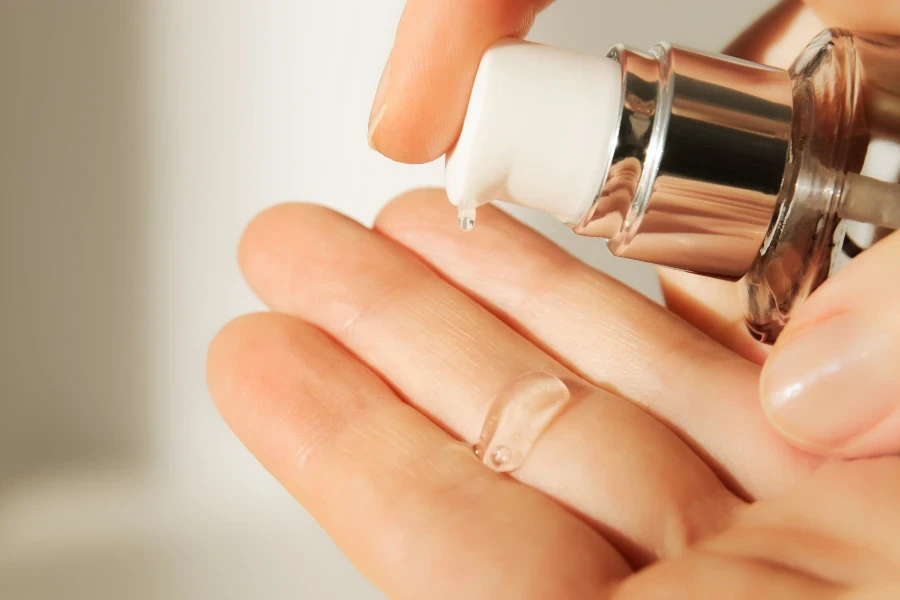
Retinol, a derivative of Vitamin A, is a potent ingredient renowned for its ability to rejuvenate and heal the skin. It falls under the category of retinoids, which are compounds that mimic the structure and functionality of vitamin A. Unlike its more potent prescription counterparts like tretinoin, retinol is available over the counter, making it accessible to a broader audience. Its mechanism of action involves accelerating the natural cell turnover process, shedding dead skin cells, and promoting the growth of new ones. This process is crucial for maintaining the skin’s health and vitality, making retinol a cornerstone ingredient in anti-aging and skin-renewal products.
Does retinol work?
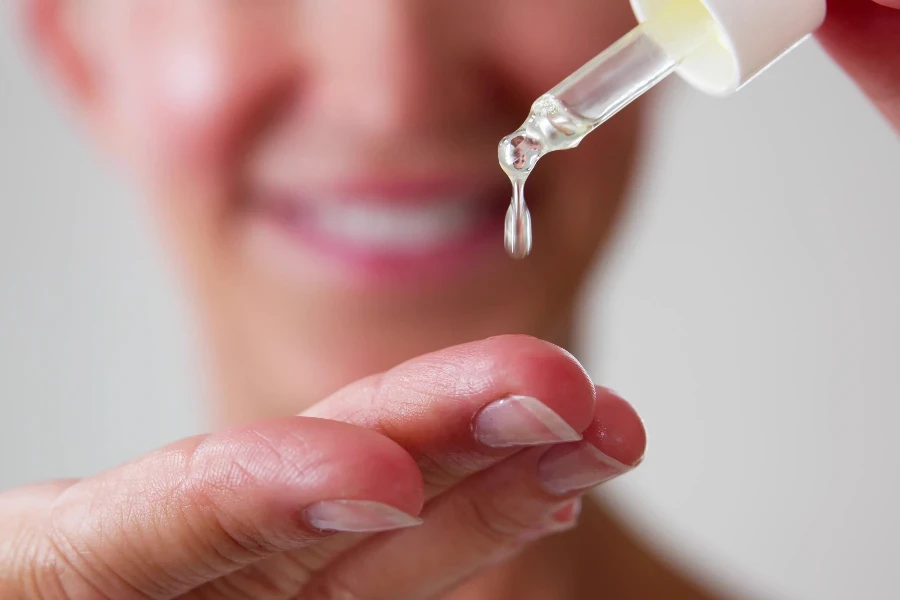
The efficacy of retinol in skincare is backed by extensive research and clinical trials. It works by penetrating deep into the skin to stimulate collagen production, a protein essential for maintaining the skin’s elasticity and firmness. Moreover, retinol helps to normalize the skin’s barrier function, enhancing its ability to retain moisture and defend against environmental aggressors. Its ability to regulate oil production also makes it a valuable asset in managing acne-prone skin. While the results may vary depending on the concentration of retinol and the product’s formulation, consistent use has been shown to yield significant improvements in skin texture, tone, and overall appearance.
Benefits of retinol
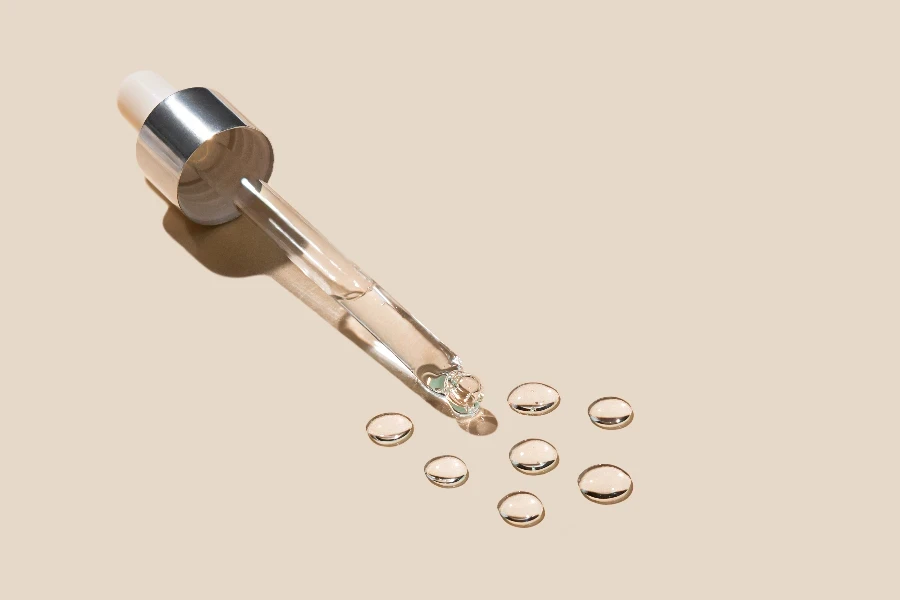
Retinol’s benefits extend beyond its anti-aging prowess. It is equally effective in addressing a wide range of skin concerns, including acne, hyperpigmentation, and uneven skin texture. By promoting cell turnover, retinol helps to unclog pores, reducing the occurrence of breakouts and minimizing the appearance of acne scars. Its ability to inhibit the production of melanin also makes it a powerful ally in combating dark spots and achieving a more even skin tone. Furthermore, retinol’s antioxidant properties protect the skin from oxidative stress, contributing to its overall health and resilience against external factors.
Side effects of retinol
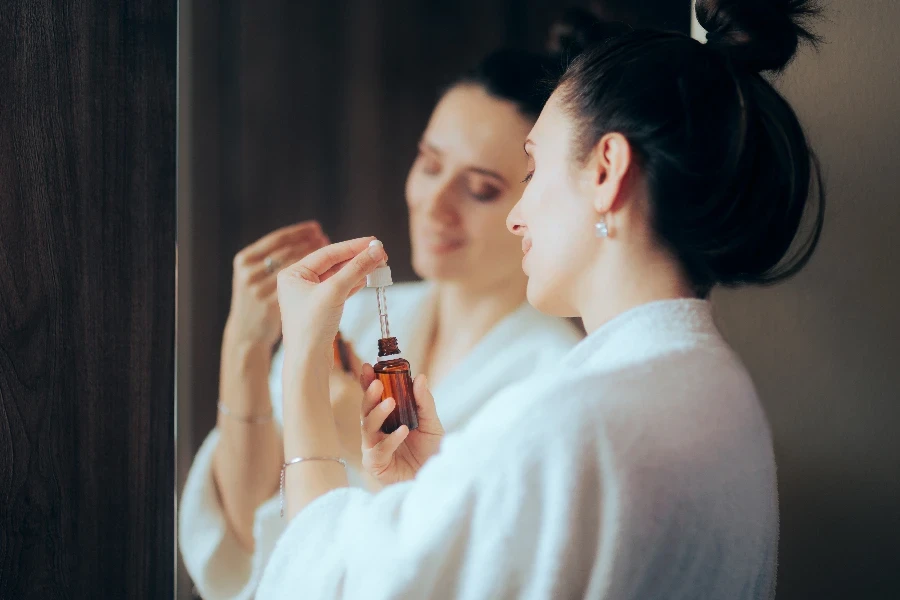
While retinol is celebrated for its transformative effects, it is not without potential side effects. Initial use may lead to skin irritation, dryness, redness, and peeling as the skin adjusts to the increased cell turnover rate. These reactions are typically temporary and can be mitigated by gradually introducing retinol into your skincare routine and using it in conjunction with a moisturizer. It’s also crucial to note that retinol can increase the skin’s sensitivity to sunlight, making the use of a broad-spectrum sunscreen indispensable during the day.
How to use retinol
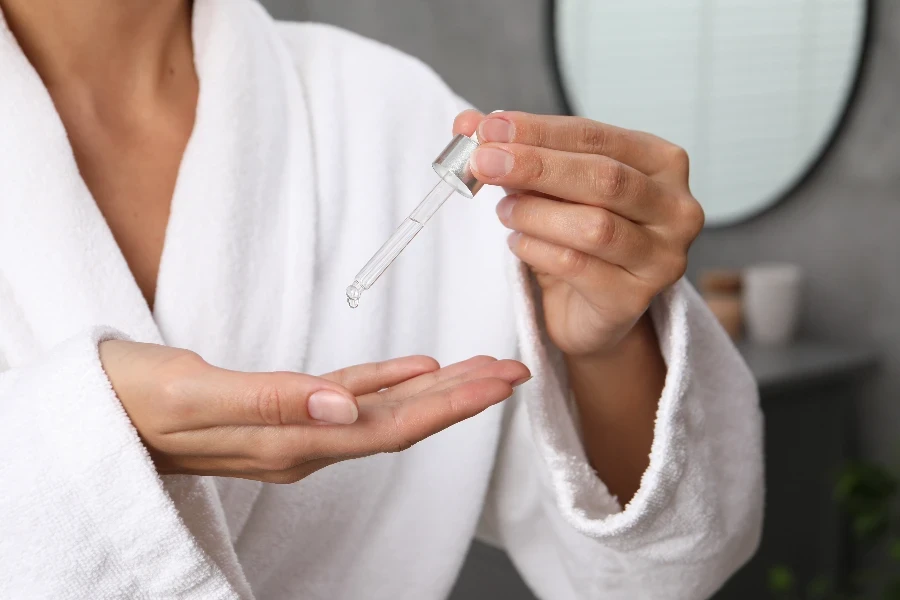
Incorporating retinol into your skincare routine requires a strategic approach to maximize its benefits while minimizing potential irritation. Start by using a low concentration of retinol, applying a pea-sized amount to clean, dry skin two to three times a week, and gradually increasing the frequency as your skin builds tolerance. It’s best used in the evening, as retinol can break down and lose its efficacy when exposed to sunlight. Pairing retinol with hydrating ingredients like hyaluronic acid and ceramides can help counteract dryness and enhance the skin’s barrier function.
Top trendy products that contain retinol
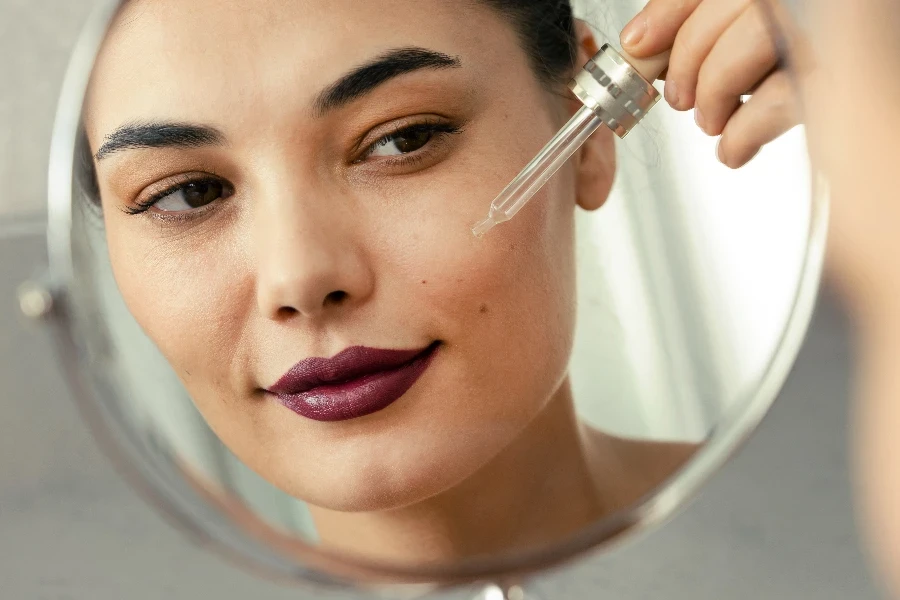
The popularity of retinol has led to its inclusion in a wide array of skincare products, ranging from serums to creams. Trendy retinol-infused products often combine it with other beneficial ingredients like antioxidants and peptides to boost its skin-renewing effects. These formulations cater to different skin types and concerns, allowing everyone to experience the benefits of retinol. Opting for products packaged in air-tight, opaque containers is advisable to preserve the stability and efficacy of retinol.
Conclusion: Retinol’s unparalleled ability to transform the skin has solidified its status as a staple in skincare routines worldwide. By understanding what retinol does, its benefits, and how to use it correctly, you can harness its power to achieve a radiant, youthful complexion. Remember to listen to your skin and adjust your usage accordingly to ensure the best results.



